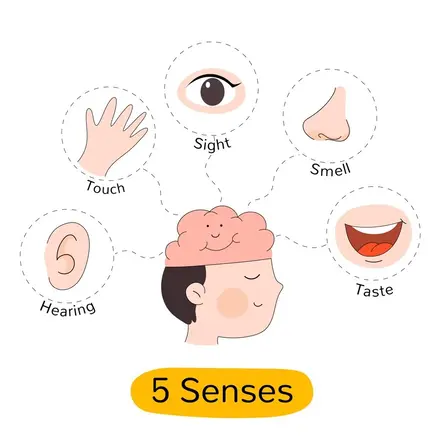Disease
Why you need more vitamin D in the Winter
3652 Views
0

The sunshine vitamin, vitamin D, requires exposure to ultraviolet-B (UVB) rays from the sun for its synthesis. During the sunny summer days, making enough vitamin D can be very efficient. However, as soon as the winter arrives, less sunlight is available and the risk of vitamin D deficiency increases. As per many researchers, your body needs vitamin D not only to maintain bone health but also to keep healthy and to fight infections. The irony is that in winter, when you need vitamin D the most, you end up getting deficient for this essential vitamin.
You can fix a problem only when you know it exists. Especially during the winter months, experts recommend a blood test that assesses the amount of vitamin D in the body. It is particularly important for you to get tested for vitamin D if you are over age 70, have darker skin, have malabsorption problems or take medicines that interfere with vitamin D absorption (for example, glucocorticoids). If you have liver and kidney disease, you can be often deficient in vitamin D. These organs are required to make the active form of the vitamin, whether it comes from the sun or from food.
For a good gut health during winter
Enough has been known and written about vitamin D deficiency leading to bone diseases like rickets in children and osteoporosis in adults. However, research has shown that vitamin D plays an important role in maintaining a healthy digestive tract. One of the ways vitamin D functions is by keeping the gut microbes healthy. If you have sufficient vitamin D levels, you are more likely to have those healthy gut bacteria just right in number and diversity. This helps reduce inflammation throughout the body. On the other side, low vitamin D levels can be associated with inflammatory bowel disease in some people.
Strong immunity needs vitamin D
There has been a lot of buzz around the role of vitamin D in boosting immunity. This holds great significance in the times of COVID-19 pandemic. Some scientists have claimed that the immune system has vitamin D receptors that determine which cells can use vitamin D. Having enough of this sunshine vitamin might help improve your ability to fight infections and reduce inflammation.
Less time spent outside
In the winter, you are more likely to catch infections. Also, you are more likely to lie comfortably in your cozy blanket and spend less time outside. This leads to more and more of us getting vitamin deficiency in the winter.
Vitamin D and Calcium, the best friends
Vitamin D helps you absorb calcium from your diet. Along with vitamin D, calcium plays a significant role in keeping your bone and muscles health intact.
Eat healthy to get enough vitamin D
Apart from exposure to the sun, you can get enough vitamin D for your body through certain food items as well, including tuna, sardines, mushrooms and fortified dairy and orange juice. Adding vitamin D supplements can be a good way to reach the recommended vitamin D intake.
Lack of sun exposure during the winter months would be less of a problem if diet provided adequate vitamin D. But there aren't many vitamin D–rich foods , and you need to eat a lot of them to cover up the recommended vitamin D intake of 10 μg/day (400 IU/day) for adults.
The COVID-19 angle
Some of the recent researchers have claimed that people who are deficient in vitamin D are more likely to get severe COVID-19 illness. Vitamin D deficient people might have a higher chance of getting hospitalized too. Whether vitamin D has any role in preventing coronavirus infection or not, it isn't clear yet and needs more data and robust evidence.
Think you have symptoms suggestive of COVID-19? Book a COVID-19 test and get tested at home.
Overdoing is prohibited, too
While you aim to get enough vitamin D, keep in mind that too much vitamin D can be harmful. Want to know exactly how much vitamin D healthy adults should have? Or confused about when to get tested for vitamin D? Check out this article to stay in the know.
Remember that the same UVB rays that help in vitamin D synthesis, can damage your skin as well. Under the right circumstances, 10 to 15 minutes of sun on the arms and legs a few times a week can generate nearly all the vitamin D we need. However, various factors affect this synthesis: the season, the time of day, where you live, cloud cover, and even pollution levels. In addition, your skin's production of vitamin D is influenced by age, skin color, and sunscreen use.
Book a vitamin D test to be sure if your levels are enough to support a healthy you. This winter, get tested on time and don’t let your body suffer from lack of vitamin D by taking early steps.
Also read "Why and when you should get tested for Vitamin D?"























 WhatsApp
WhatsApp